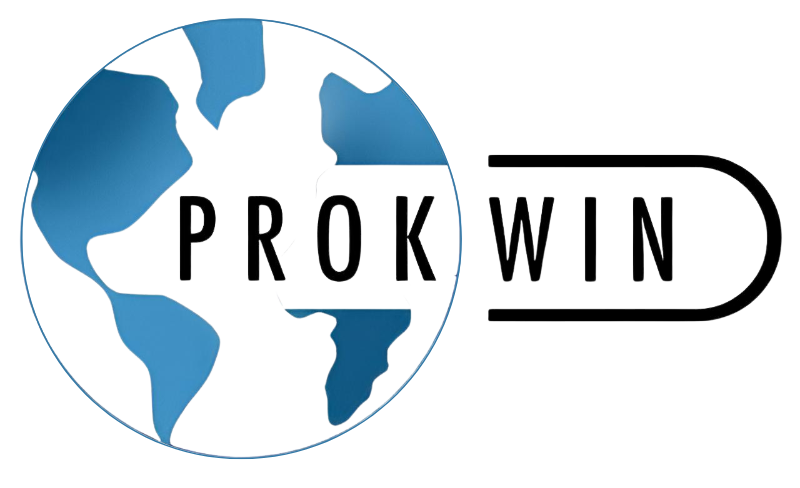Price costing ? Let’s have a look on what we should consider into it & practice together? 💫
Simply put, price costing is about figuring out the real total cost of what we’re buying.
We need to look at everything that adds to the expense….and there is so much to consider ! Right?
Why is it Important?
1. by knowing the true cost, we avoid overspending & get the best value.
2. it helps us compare options & choose the most cost effective solution.
3. It gives us the information we need to get better deals from suppliers.
4. It helps us predict future expenses & manage our budget.
What we need to know?
Break it down: we need to learn how to look at all the different parts of a price.
This includes things like:
1. Direct costs: costs directly tied to the purchase (materials, labor).
2. Indirect costs: understand how to allocate overhead, administrative, & shared costs.
3. Variable vs. Fixed: differentiate between costs that change with volume & those that remain constant.
4. Financial costs: include costs associated with payment terms, financing, & currency fluctuations.
5. Quality costs: factor in the costs of inspections, defects, and warranty claims.
6. Sustainability costs: consider environmental and social impacts when possible.
When looking at the market:
1. we need to know what good/ service cost in the market.
2. this helps us know if we’re getting a fair price.
3. we can use websites and industry reports to find this information.
Think long term:
1. we need to think about how much something will cost over its entire life.
2. this includes things like repairs & replacements.
3. sometimes the cheapest option now is the most expensive later.
Negotiate:
1. we need to learn how to use this information to get better prices.
2. we can ask suppliers to explain their costs and find ways to save money.
Use accessible data:
we need to keep records of all cost information, this helps us find trends and make better decisions.
How to implement it?
Have a plan:
1. we need to have a clear process for how we do price costing.
2. we’ll use templates & checklists to make sure we don’t miss anything (check below).
We will work together:
with other departments to get all the information we need.
Finance, engineering are very helpful, ….
Keep it up to date:
We’ll regularly review our process & make changes as needed.
The market changes, & we need to change with it.
Write it down:
Keep detailed records of all cost information.
This is important for audits, & for future reference.
In simple terms:
We’re looking for all the costs hidden in a purchase. We’ll use this information to better save money & make decisions.
Let’s work together to become experts in price costing! check a template to calculate the pricing cost as well as a cheat sheet …and let me know what we can improve? Thank you 🙏



No responses yet